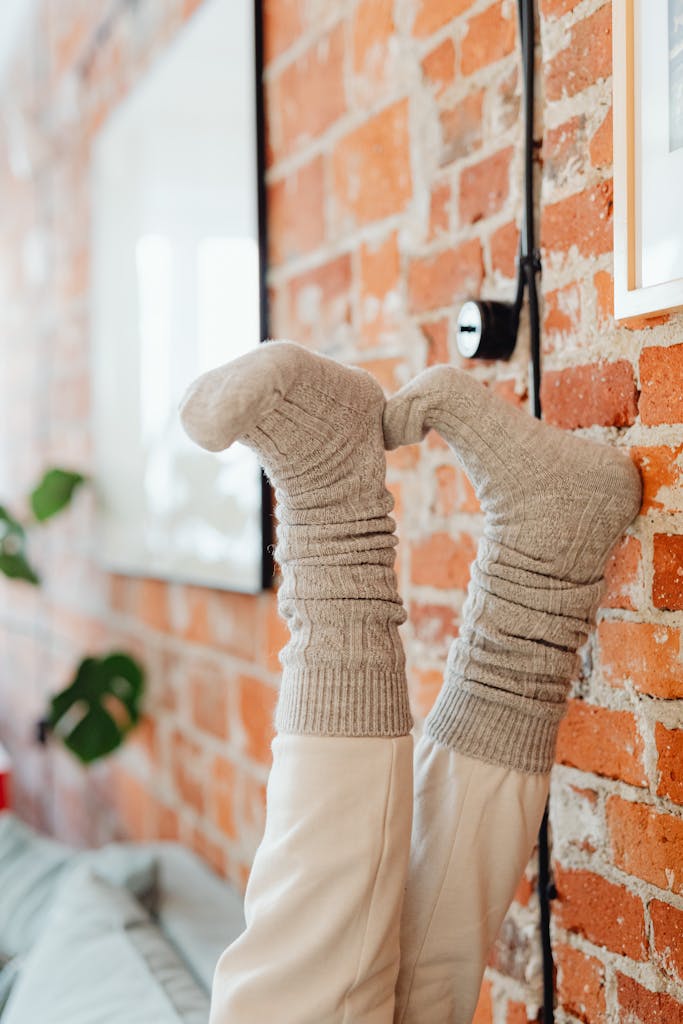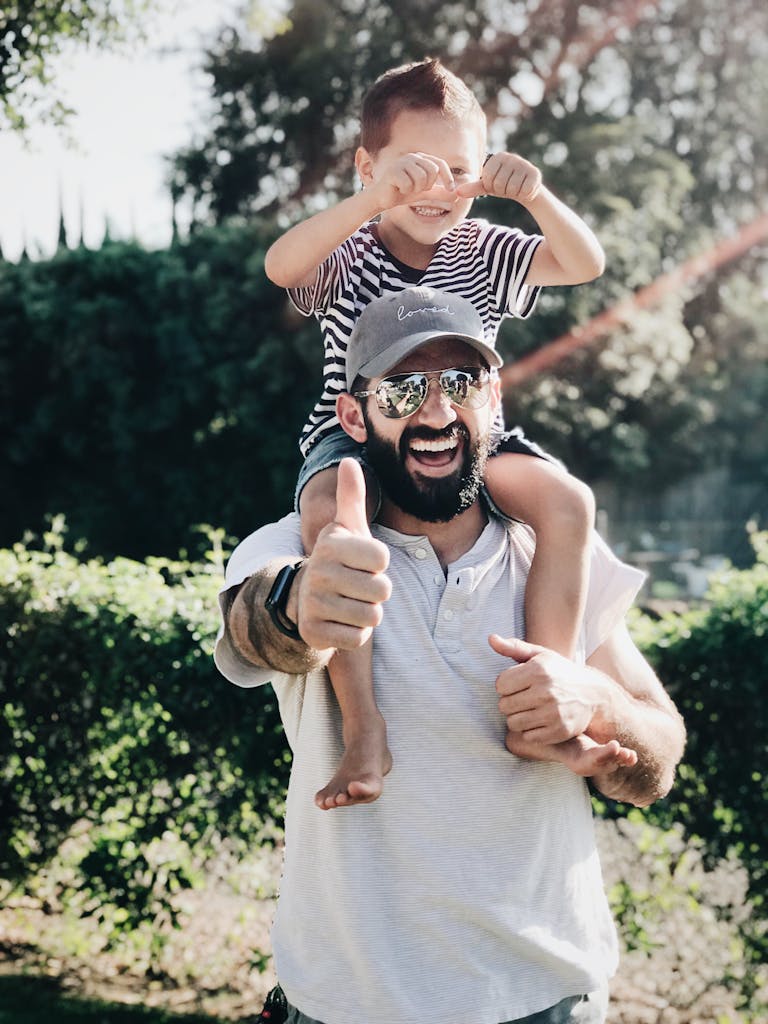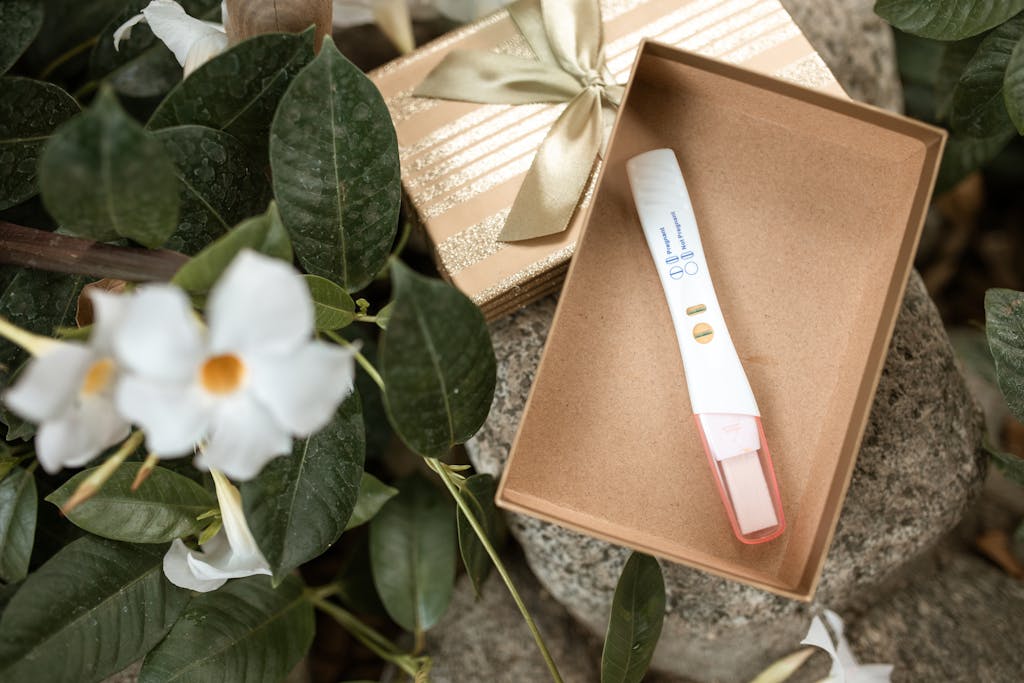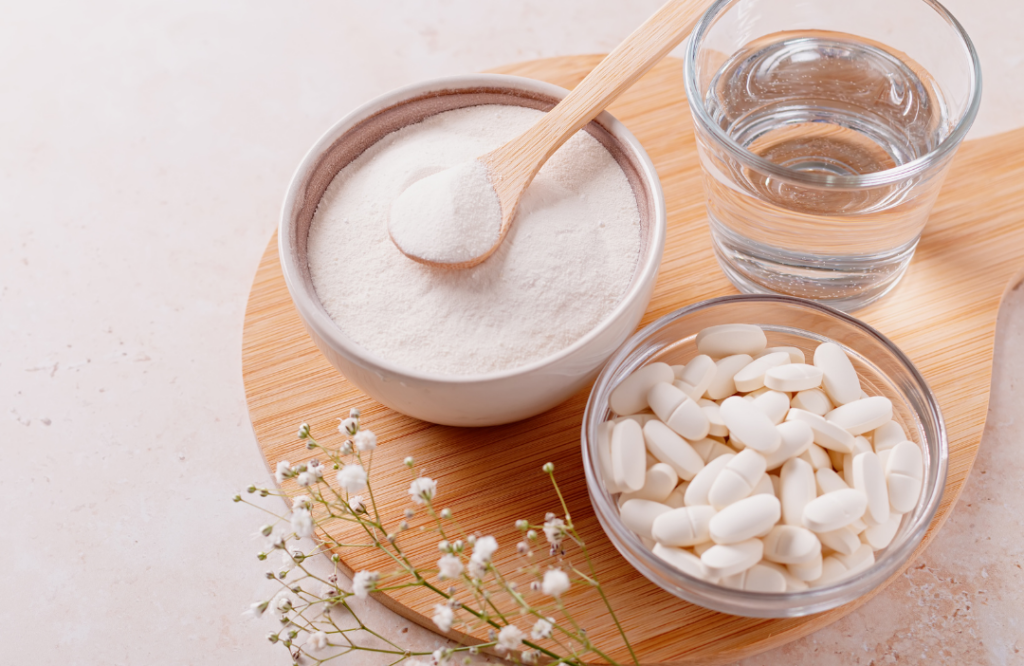On love: How to Love Yourself First
Published on February 13, 2015 by Dr. Caitlin Gordon
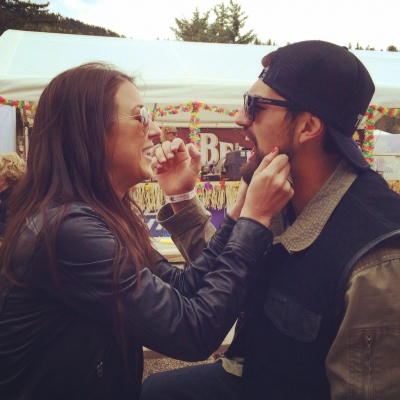 It is Valentine’s Day, so I feel compelled to share some thoughts on love and how to love yourself. The last year of my life, and particularly the last 6 months have been transformative for me in coming to terms with what a healthy romantic relationship looks like. A huge part of this has been getting to know myself. Specifically, becoming aware of what my needs are in a relationship, what bad habits I have when it comes to communicating, how I express love, how I receive love, what makes me feel rejected or abandoned, where those feelings stem from, and how to create a secure and loving bond with another. This is big stuff. It’s a lifetime practice, and I am so grateful to be diving into it now instead of three divorces from now. Wherever you are on this path, I encourage you to view this work as important as your current job or career, as it is (at least) equally necessary for success in life. We thrive only in secure relationships with others.
It is Valentine’s Day, so I feel compelled to share some thoughts on love and how to love yourself. The last year of my life, and particularly the last 6 months have been transformative for me in coming to terms with what a healthy romantic relationship looks like. A huge part of this has been getting to know myself. Specifically, becoming aware of what my needs are in a relationship, what bad habits I have when it comes to communicating, how I express love, how I receive love, what makes me feel rejected or abandoned, where those feelings stem from, and how to create a secure and loving bond with another. This is big stuff. It’s a lifetime practice, and I am so grateful to be diving into it now instead of three divorces from now. Wherever you are on this path, I encourage you to view this work as important as your current job or career, as it is (at least) equally necessary for success in life. We thrive only in secure relationships with others.
The importance of Self-Love
One of the biggest revelations for me has been realizing how important it is to love yourself first. I know, I read that word and I sort of instantly tune out because it’s become this cheesy cliché, seemingly obvious thing. “You must love yourself before you can love another.” I’ve read and heard that 100 times. I usually roll my eyes, because I’ve always believed I did love myself. I think I’m a pretty good person most of the time, I know I am trying to always improve on things, I don’t have lots of guilt or shame about myself, so I love myself, right? Despite believing I have the self-love part on lock, my actions often say otherwise. I do things that people do when they have low self-esteem, or feel insecure, even though I think, “But I have great self-esteem, I feel really good about myself!” It doesn’t add up.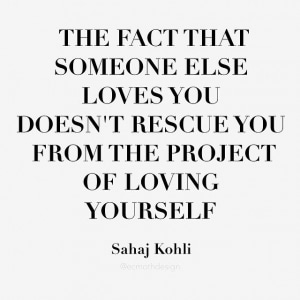
Part of the problem is that I’ve just gotten a little lazy about my role in this whole relationship with myself. I have been blessed to have had two partners over the last 6 years of my life who showed me an incredible amount of love and acceptance. They knew and saw many, if not every facet of myself I find unlovable or at least unlikeable, and loved me anyways… so much so, in fact, that I think I let myself off the hook for loving certain things. I let them do it for me.
 This is a slippery slope. It’s false self-esteem. It’s not sustainable, and it’s not fair to the person doing all that loving. What happens when they’re having an off day or week or month and all of a sudden you’re getting a whole lot less validation, affection, and acceptance? If you don’t have a rock solid relationship with yourself to fall back on, you’re gonna feel insecure, fearful, anxious and probably not particularly supportive of their needs. This creates an insecure bond between the two of you and can lead to unhealthy cycles of codependency. It can bring out many toxic habits on both sides. It’s no bueno for the long haul.
This is a slippery slope. It’s false self-esteem. It’s not sustainable, and it’s not fair to the person doing all that loving. What happens when they’re having an off day or week or month and all of a sudden you’re getting a whole lot less validation, affection, and acceptance? If you don’t have a rock solid relationship with yourself to fall back on, you’re gonna feel insecure, fearful, anxious and probably not particularly supportive of their needs. This creates an insecure bond between the two of you and can lead to unhealthy cycles of codependency. It can bring out many toxic habits on both sides. It’s no bueno for the long haul.
I recently stopped taking it for granted that I love myself. Instead of pretending like there aren’t these signs that I am not doing the best job, I’ve started to look at my relationship with myself a bit more discerningly. What does it really mean in a practical sense to love yourself?
Some helpful questions to ask (for me, at least):
- Do you regularly criticize yourself?
- Do you congratulate yourself when you do something well?
- Do you speak kindly about your body?
- Do you eat healthy, nourishing food?
- Do you give your body enough rest?
- Do you stay active?
- Do you often think positive thoughts about yourself?
- Do you feel guilty or ashamed frequently?
- What loving thing do you do for yourself on a daily basis?
- Do you like yourself as much as you want other people to like you?
- Do you forgive yourself when you make mistakes?
- Are you kind to yourself when you’re having a hard time?
- Do you frequently doubt yourself?
If your answers indicate that perhaps you aren’t treating yourself the same way you would likely treat someone else you love, like a good friend, family member, or significant other, the next question becomes: What makes you less deserving of love than the people in your life you treat with more care and affection? I hope you trust that the answer is nothing! You are 100% as deserving of the love and affection you give others. You should first love yourself so that you can offer others the same care.
Sometimes I trick myself into thinking that I’m being self-aware (a good thing!) when I am critical of my bad habits or negative behavior patterns. However, you can be self-aware and not critical. I can notice that I don’t like that I react with jealousy or anger in a certain situation, and not feel bad about myself or beat myself up about it. This is not loving behavior. Self-awareness does not necessitate self-doubt and self-criticism. As humans, we are much more responsive to positive reward systems which help build us up so we can make changes, instead of punishment systems that break us down and fuel anxiety.
Neurologically, our brains give more credit to negative experiences than to positive ones, so it is extra important to emphasize positive experiences and feelings and be careful about how much we indulge the negative. We very quickly forge pathways of memory and behaviors which make it more difficult every year to be the positive happy person we would like to be. As Dr. Rick Hanson, Author of Buddha’s Brain says, “The brain is like Velcro for negative experiences but Teflon for positive experiences.” There is research showing that it takes five positive comments or interactions to undo the damage caused by a single critical/negative one.
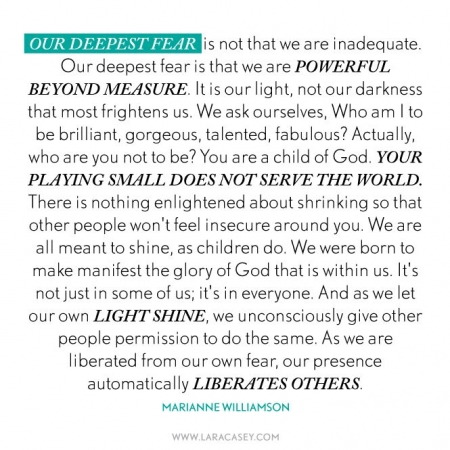 Are you as aware of your good habits as you are of your bad habits? I certainly have an unbalanced view here. I frequently focus on the areas in which I want improvement, and much less often sit back and give myself some props for things I am doing really well. But, I’m getting better. Let me tell you, it feels a lot better to try to devote as much positive attention towards myself as critical attention. Part of this is the natural negativity bias. Our brains are hardwired for survival, so negative experiences make more of an impact. However, I think social conditioning plays a role too. There is this idea that we must be narcissistic or arrogant if we aren’t talking down our positive attributes. This can become internalized so that we start to talk down to ourselves and diminish our positive traits. Even if it were as simple as the self-love approach making you into an arrogant egotist, the alternative makes you into someone who is critical, mean, and likely insecure. The good news is when you love yourself, it only makes you an arrogant egotist if you simultaneously think others are beneath you. Otherwise, it’s all benefits!
Are you as aware of your good habits as you are of your bad habits? I certainly have an unbalanced view here. I frequently focus on the areas in which I want improvement, and much less often sit back and give myself some props for things I am doing really well. But, I’m getting better. Let me tell you, it feels a lot better to try to devote as much positive attention towards myself as critical attention. Part of this is the natural negativity bias. Our brains are hardwired for survival, so negative experiences make more of an impact. However, I think social conditioning plays a role too. There is this idea that we must be narcissistic or arrogant if we aren’t talking down our positive attributes. This can become internalized so that we start to talk down to ourselves and diminish our positive traits. Even if it were as simple as the self-love approach making you into an arrogant egotist, the alternative makes you into someone who is critical, mean, and likely insecure. The good news is when you love yourself, it only makes you an arrogant egotist if you simultaneously think others are beneath you. Otherwise, it’s all benefits!
Benefits of a healthy relationship with yourself
- Better health
- Better sleep
- Lower anxiety

- Lower rates of depression
- Better relationships with others
- Longer, healthier, more secure
- Resilience to stress
- Better memory
- Better sex
- You can accept disagreement more easily
- You accept new challenges
- Less fear of uncertainty
- Less jealousy and envy
- Less need for approval from others
- Stronger commitment to goals
- Letting go of perfectionism
- Comfort with failure
- Ability to stand up for yourself
- Better able to articulate your needs and wants
- Gives others permission to shiiiine too (cue the eye roll)
Tips to improve your relationship and love yourself
- Give yourself at least twice as many compliments as criticism
- Don’t let your awareness of things you’d like to change create self-doubt
- Give yourself positive feedback for basic stuff
- You drove your car and didn’t hit anything!
- You got out of bed and made it to work on time!
- You brushed your teeth every night this week!
- (I know these sound dumb, but it creates an important foundation to do the harder stuff, like loving your darker sides.)
- Focus on things you do well, not what you aren’t doing enough of
- Cultivate an attitude of abundance:
- you are enough, just as you are, without making any changes
- you have enough to be happy right now
- you have the tools to make any changes you want
- Do things that make you feel good
- Volunteer
- Find meaningful work
- Be generous
- Forgive yourself for past mistakes
- No one benefits when you beat yourself up and hold on to shame or guilt, it doesn’t change the past. You can only control your future actions.
- Lower or ditch your expectations
- This might sound like bad advice, but lower expectations mean when you exceed them you feel a jolt of pride and accomplishment, instead of often feeling disappointed and badly about falling short.
- Many of us have expectations which are too high or unrealistic
- Goals with practical steps to reach them are a great alternative to expectations
- Patience
- You’re gonna do stuff and say stuff you wish you hadn’t, often
- It’s okay! You and every other person on the planet are in the same boat.
- Keep trying. Progress, not perfection.
- Care about your health
- Healthy food, restful adequate sleep, and exercise will make you a much more enjoyable person to be in a relationship with. You will like yourself more.
- It’s a lot easier to enjoy spending time in a garden than a garbage pit.
If you need some support improving your relationships
- Talk therapy is a great option. Contact me if you’d like referrals for someone in the Boulder/Denver area.
- Acupuncture can help you tune into your body, lower your stress and anxiety level, and boost your energy if you’re feeling like you’re in a rut. It inspired me to change my life and led to a whole lot more self-awareness and love.
- Recommended Reading:
- Love Sense: The revolutionary new science of romantic relationships by Dr. Sue Johnson
- Buddha’s Brain: The practical neuroscience of love happiness and wisdom by Dr. Rick Hanson
- Living Beautifully with uncertainty and change by Pema Chodron
- The Gifts of Imperfection by Brené Brown, Ph.D
- Radical Acceptance by Tara Brach, Ph.D
The contents of this site, including text, graphics, images, and other material are for informational purposes only. Nothing contained in this site is or should be considered or used as a substitute for professional medical or mental health advice, diagnosis, or treatment. Please schedule an appointment for personalized health advice.

